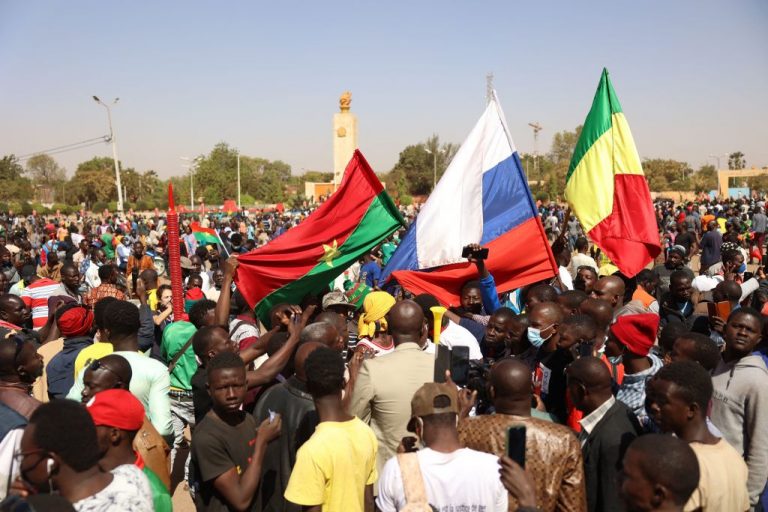The military government of Burkina Faso staged a coup d’etat on Jan. 24 amidst decreasing stability and continuous violence. The coup removed President Roch Marc Kabore and has been criticized by several neighboring African countries after coups had previously erupted in other parts of the continent.
Military unrest
Military leader Lt. Col. Paul-Henri Sandaogo Damiba seized power as the new president of Burkina Faso. He announced the takeover of the country as the head of the previously unknown group, the Patriotic Movement for Safeguard and Restoration (MPSR).
“MPSR, which includes all sections of the army, has decided to end President Kabore’s post today,” a statement signed by Damiba stated.
On Jan. 23, several military barracks around the country were under “heavy fire” with “mutinous soldiers” seizing control of the Sangoule Lamizana camp. The camp is the residence of the army staff and the location of a prison that housed the soldiers of a failed attempt at a coup in 2015.
The gunfire soon approached Kabore’s residence. On Jan. 24, a convoy of armored vehicles from the presidential fleet was present, only to be battered and even smeared with blood.
Success
You are now signed up for our newsletter
Success
Check your email to complete sign up
A post from Kabore’s Twitter account demanded “those who had taken up arms” to cease any uprising. It is unconfirmed if Kabore authored the post himself.
“Our nation is going through difficult moments. We must at this precise moment safeguard our democratic norms,” the post read, under the signature ‘RK’. “I invite those who have taken up arms to lay them down in the higher interest of the nation.”
Despite earlier attempts to stop a coup, several Reuters sources said that Kabore was being held at a military camp.
“We just passed the military base where Kabore is alleged to be confined at the moment,” journalist Henry Wilkins reported on Monday.
That day soldiers announced that the military had assumed control of the nation, presenting Kabore with a resignation letter that he himself supposedly signed. The letter was shared with Reuters and was verified as authentic.
Over 1,000 people gathered in the capital of Ouagadougou on Jan. 25 to chant their cheers for the military coup. Live music and dance sprung up throughout the city.
A French flag—a symbol of Burkina Faso’s former colonial master—was also seen being burned as a sign of dissent towards the European nation’s influence in the region.
On Jan. 31, the military government said it restored the constitution via a “fundamental act” a week after the coup. Damiba was appointed as the head of state for a transitional period.
Violence in Burkina Faso
The coup is said to have been the result of the previous government’s inability to suppress the violence caused by Islamist groups since 2015. According to United Nations estimates, more than 2,000 lives have been lost and 1.5 million people have been made homeless during those years.
The public’s discontent and anger intensified after the militants attacked the northern village of Solhan in June 2021 and the northern Inata military base in Nov. 2021. The latter saw more than 50 members of the security forces killed. Calls for food rations and supplies had also gone unfulfilled.
Kabore dismissed his government and found a new prime minister and defense minister in an attempt to appease the opposition.
After the coup and takeover by the military, the West African regional bloc, the Economic Community of West African States (ECOWAS), and the African Union both condemned the coup. The former claimed that Kabore “stepped down under duress.”
ECOWAS also recently launched sanctions on the country of Mali for its own series of coups. Coups in Guinea and Chad were also conducted last year.















